As we wave goodbye to 2023, it’s time to reflect on the wealth of knowledge shared in the WordPress community. The year has been a remarkable journey, filled with insights, innovations, and inspiring ideas that have reshaped how we think about website building. Whether you’re a seasoned developer or just starting out, the articles we’ve gathered here are not to be missed.
In this post, we’ve curated the most impactful and enlightening WordPress articles of 2023. Each piece has been selected for its relevance, depth, and the value it brings to our ever-evolving field.
Best WordPress articles of 2023
So, grab a cup of coffee ☕️ and join me as we explore the highlights of WordPress knowledge from 2023 – a year of learning, growth, and community. Let’s break down the year – beginning with the best WordPress articles of January, naturally! 🏆
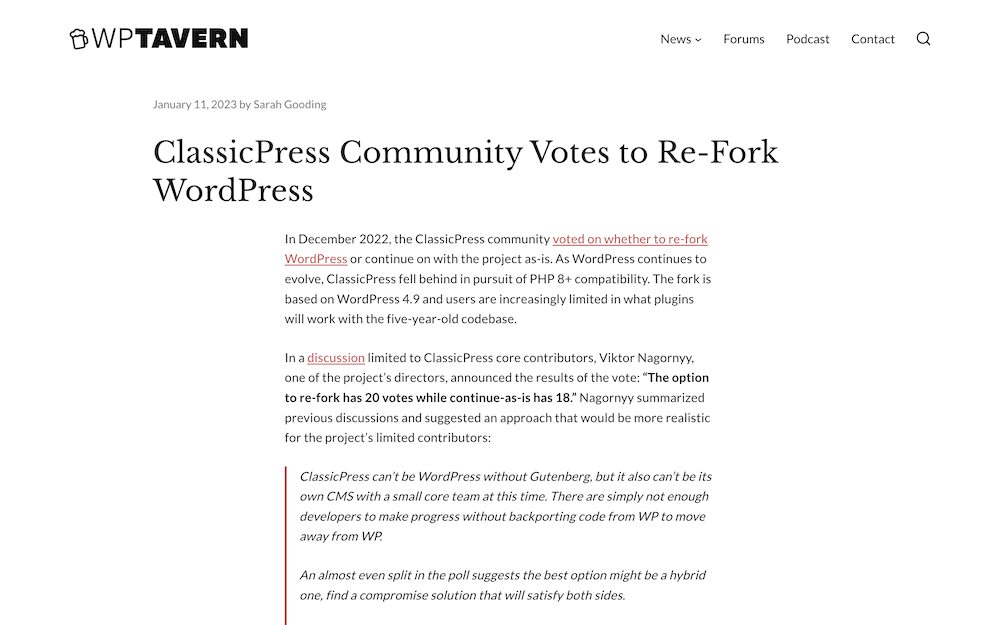
ClassicPress took an initial stand against Gutenberg/the Block Editor/the Site Editor by saying, “No!” to new innovations. However, now they’re re-forking WordPress and including many of the same ones. This also foreshadows a move later in the year, which sees the team vote to re-fork WooCommerce.
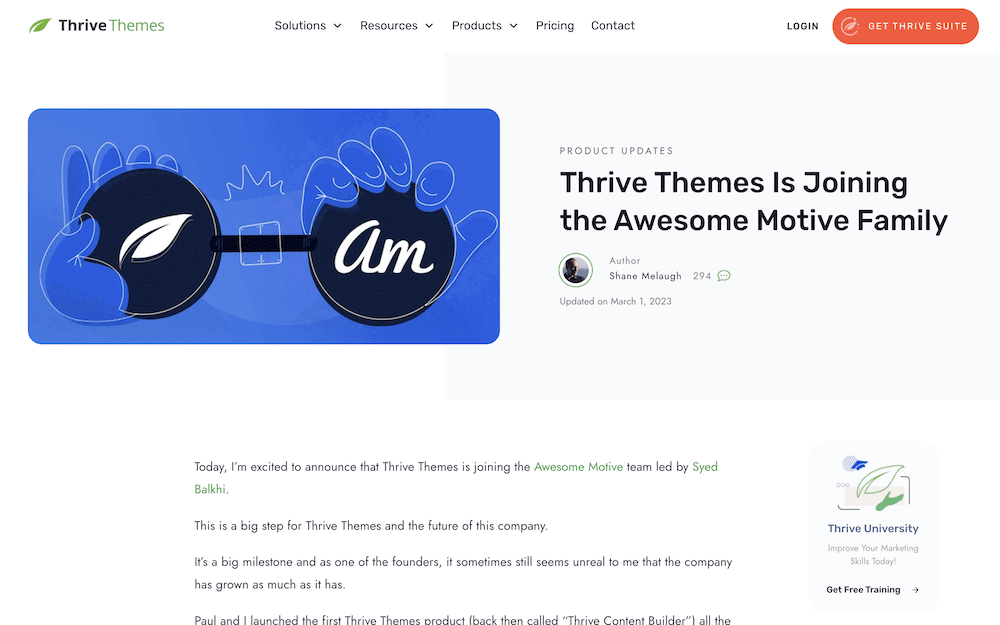
This won’t be the first time we mention Awesome Motive in this roundup, but in January 2023, Thrive Themes announced it was joining the family. Now it’s just one of many tools, themes, and plugins within the vast portfolio of solutions Syed Balkhi owns.
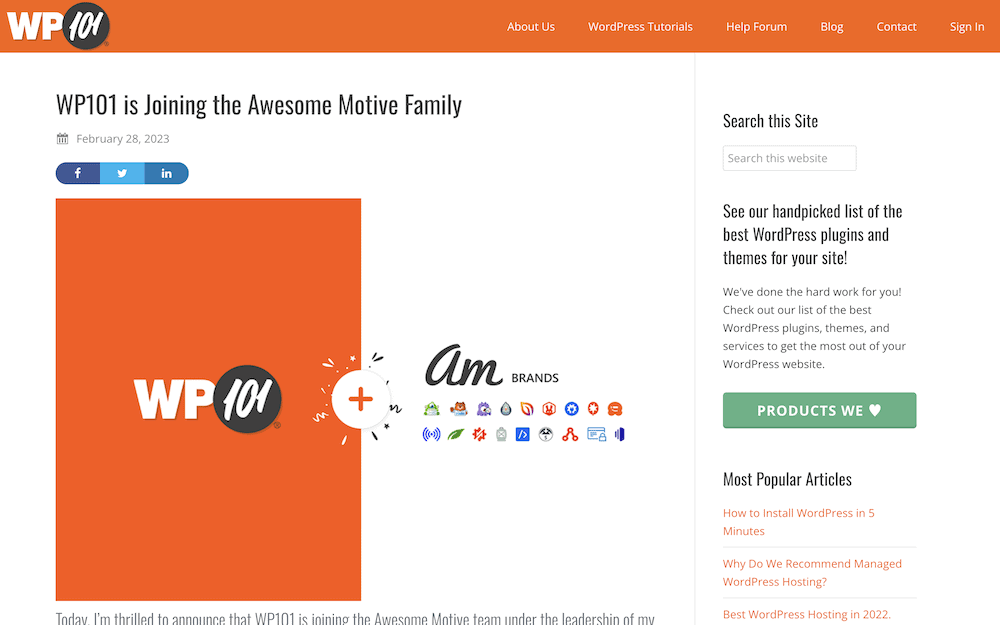
Oh, will you look at that?! Right on cue, WP101 announces that it’s also part of Awesome Motive. This is a fantastic learning center for WordPress, and now it can continue thanks to the backing of Syed’s team. The announcement was a good one, in our opinion, with a clear outline of what is happening and what the future holds for the brand.

CSS Tricks is a long-standing and authoritative site about web development, but Ganesh Dahal’s posts have gone under the radar. Let’s change that! His February post on how the WordPress Style Engine generates classes is excellent, as is the entirety of his 2023 output on the platform.
⏮️ We published a similar roundup of the best articles last year, too. Check it out here if you’re curious what made the cut in 2022.
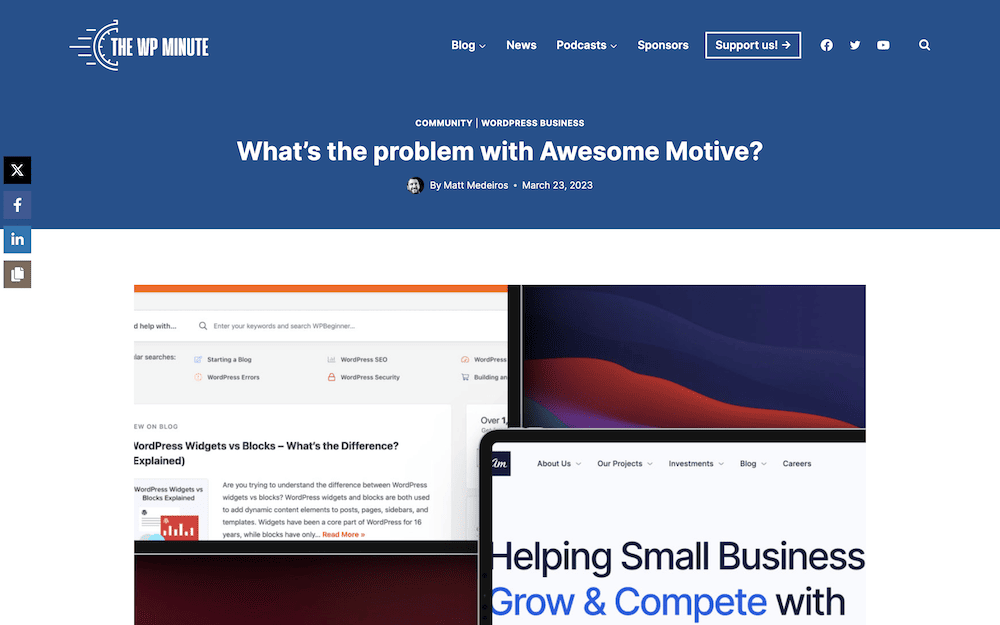
Okay, we promise this is the last mention of Awesome Motive (we think) for the rest of the roundup. However, this Matt Medeiros post provokes thought thanks to his critique of certain WordPress business practices. We’re going to sit on the fence about the content, but trust me: the post is excellent, from a top-notch WordPress blog, too.
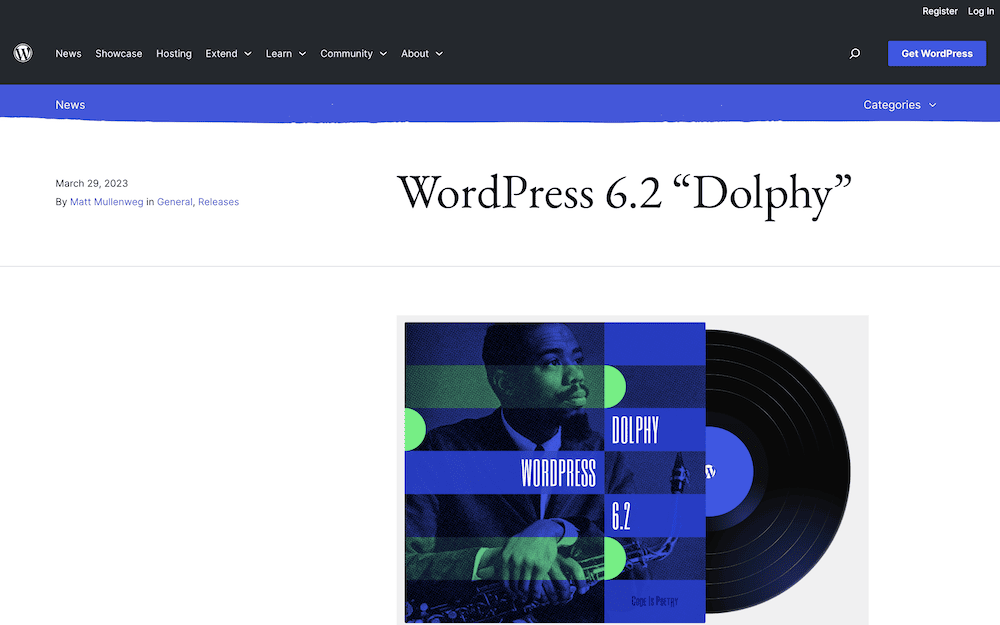
There were three ‘point releases’ for WordPress in 2023, with 6.2 offering us the full redesign of the Site Editor. The accompanying release post gives us a quick look at how you can access site templates and other areas, with a focus on editing without code.
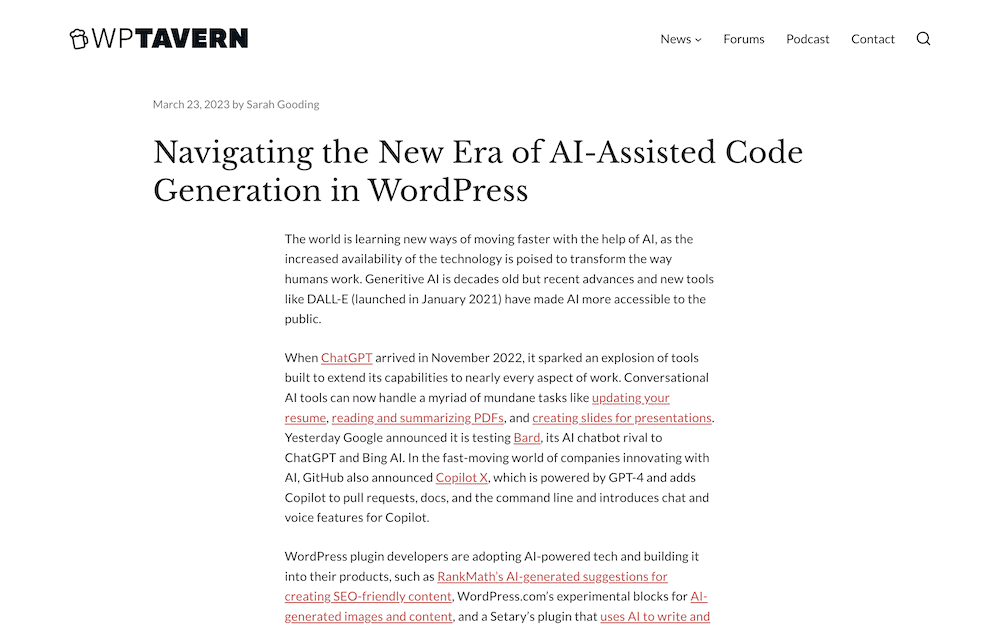
There’s no way we can look at 2023 without mentioning Artificial Intelligence (AI). This industry has exploded, and WordPress developers are all jumping on board. Sarah Gooding at the WP Tavern looks at the impact and future of using AI with WordPress, within the context of plugin development and security.
You may also be interested in:
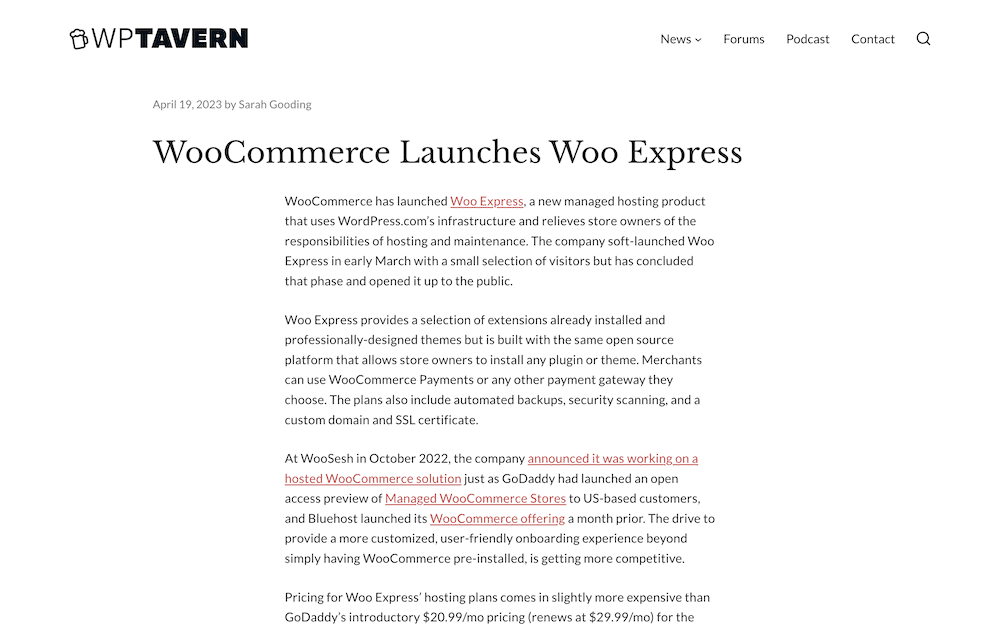
April was also time for WooCommerce – at the time – to launch its own hosting in WooExpress. This article sits on the list because it highlights an interesting shift towards custom hosting solutions for developer products – something we may see more of in later years. Elementor has its own hosting, too, for instance.

After a tenure of what seems like forever in WordPress for iThemes, it’s now rebranding itself to SolidWP. In truth, the old brand name isn’t representative of what the company does. However, this won’t be the only major, long-term branding change we’ll see this year.
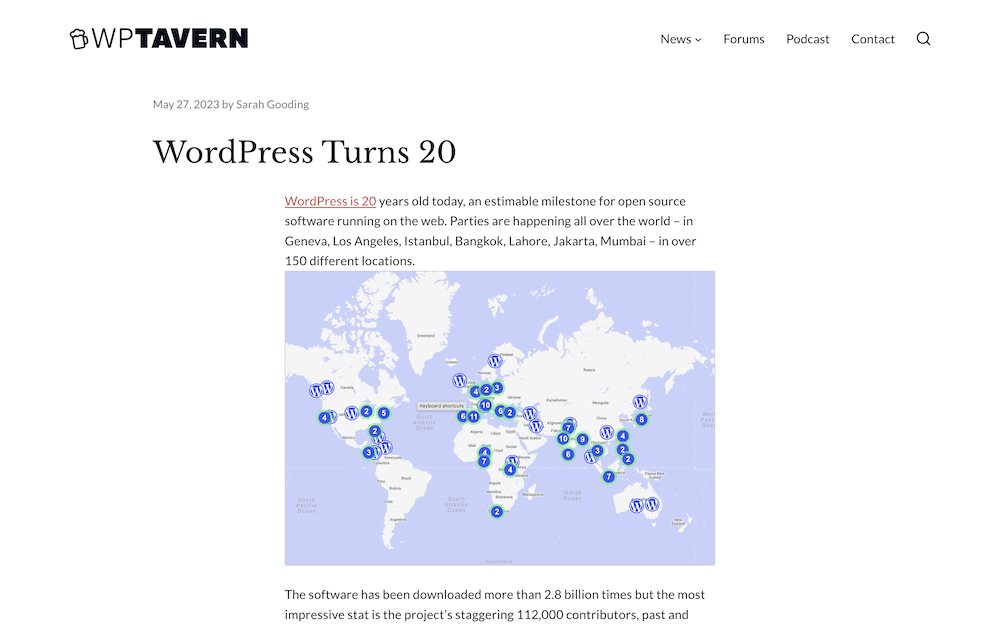
We’re choosing the WP Tavern post for this entry, but there are plenty around that all do something similar. WordPress had its 20th birthday in May 2023, and it included global parties, an anniversary Wapuu, and most importantly – plenty of cake!
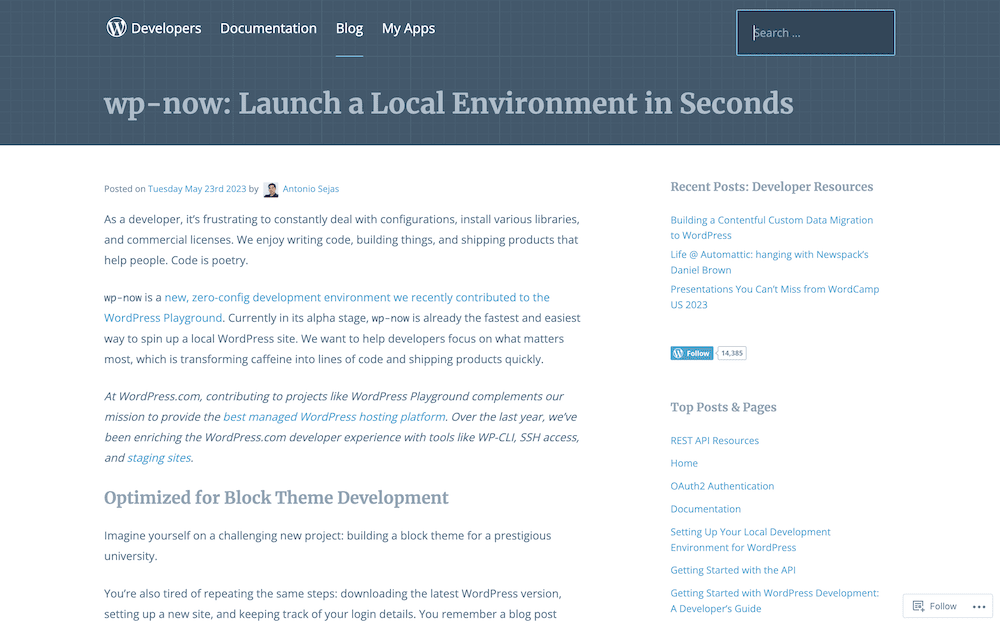
One of the most exciting developments of 2023 was WordPress Playground. However, May 2023 took this one step further. An excellent blog post on the where’s and why’s of wp-now made everything clear: We now have a command-line tool that uses WordPress Playground under the hood to spin up WordPress local environments in seconds.

This other acquisition deals with the top membership plugins in WordPress joining forces, which makes it a particularly significant one. WishList Products, creators of WishList Member and CourseCure, has been acquired by MemberPress, a Caseproof company. This move, led by Caseproof CEO Blair Williams, promises enhanced features and growth for WishList’s offerings, while maintaining consistent support and product development under the new leadership.
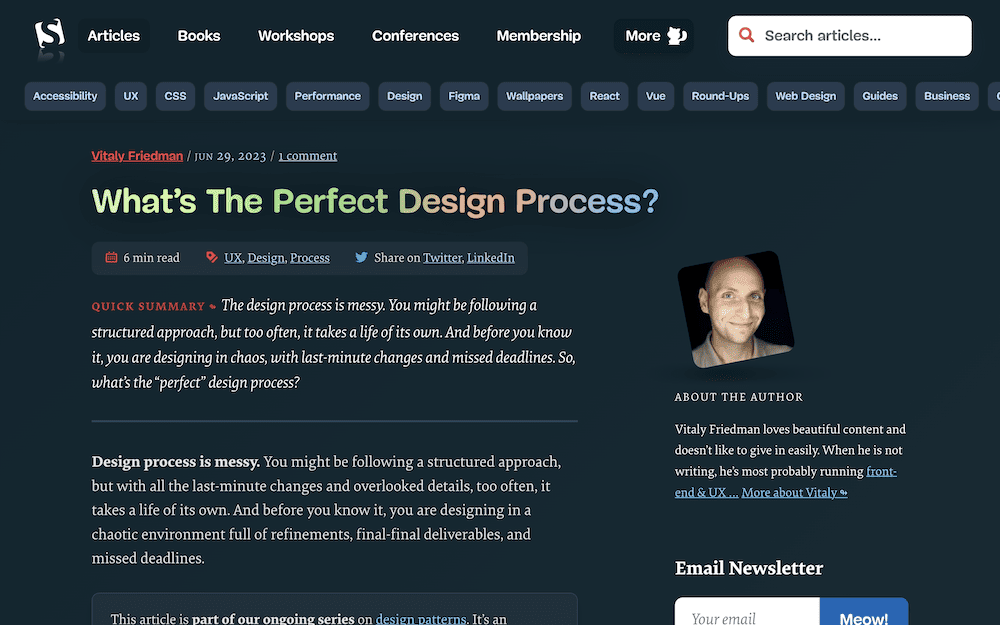
June starts with one of the best WordPress articles that doesn’t explicitly mention the platform. Smashing Magazine is one of the premiere web development blogs around, and it’s a treasure trove of value and knowledge. This Vitaly Friedman post is stellar, as it talks about the nitty-gritty of design philosophy. It’s subject matter like that we need more of across WordPress, in my opinion.

June marks the day when WordPress introduced the “Commercial” and “Community” filters in its theme and plugin directory. The “Commercial” filter helps users find professionally developed, freemium themes and plugins with dedicated support and advanced features. The “Community” filter showcases free, open-source options created by WordPress enthusiasts, supporting community-driven development…or so we’re led to believe.
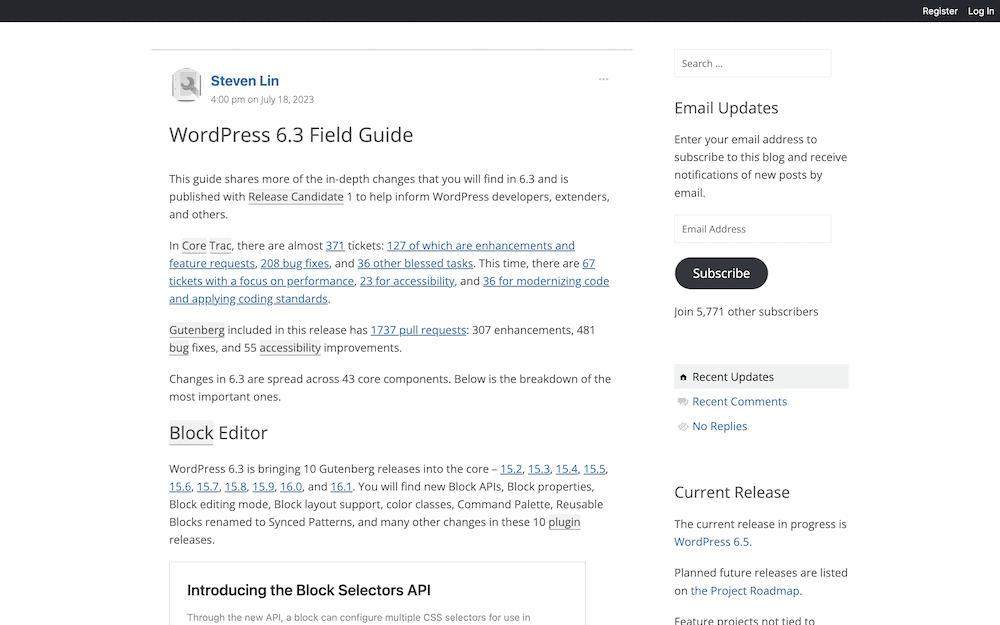
The second of three point releases for WordPress in 2023 also brought one of our favorite post types from the Make WordPress team: field guides. It’s essentially a breakdown of what does what within the newest WordPress release and collates some of the other related posts, too.
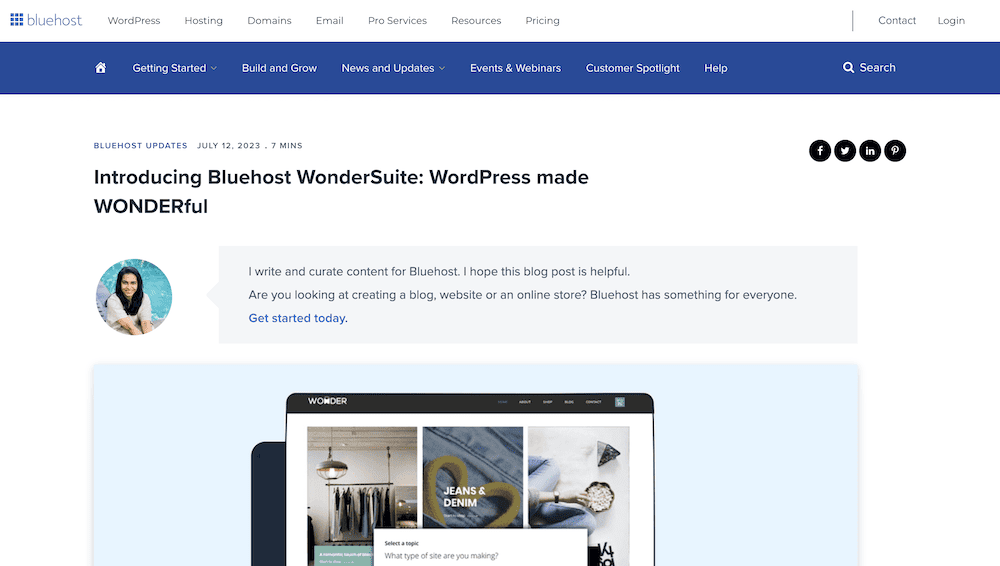
Just over a year after Bluehost acquired WordPress developer YITH, it released what will arguably be the focus of 2024: onboarding. The WonderSuite is a collection of tools that help would-be site owners to build their visions without code. The post itself covers almost everything – just as you’d expect from Bluehost.
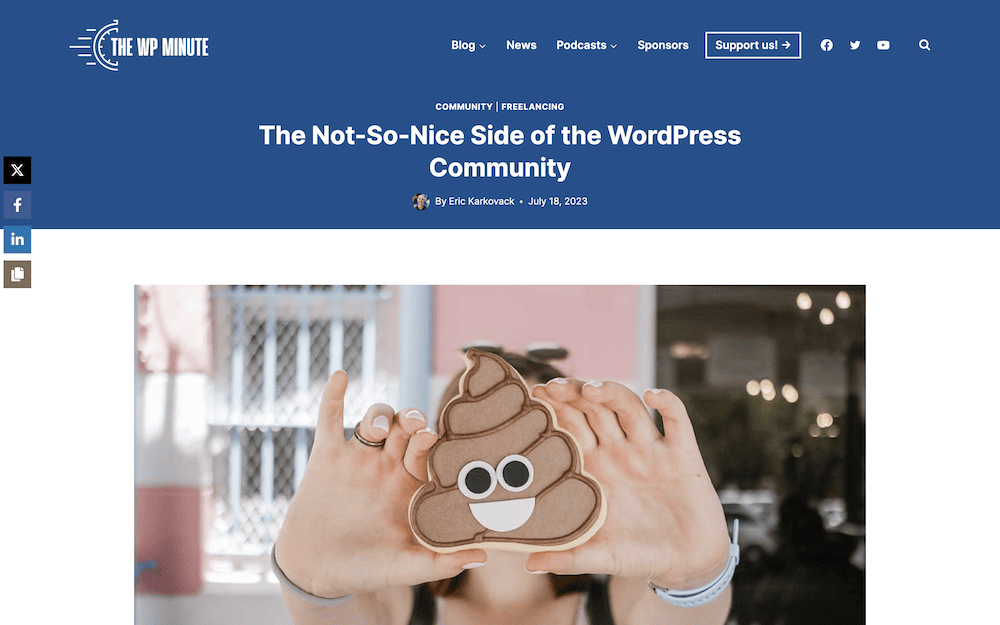
Eric Karkovack at The WP Minute gave us another thought-provoking piece in July. Unfortunately, this topic – arguments within the community – has been a trend throughout the year and may even scale into the new one. There seems to be a lot of conjecture between the WordPress community and its leaders right now. Our hope is that 2024 becomes a unifying year for the platform.
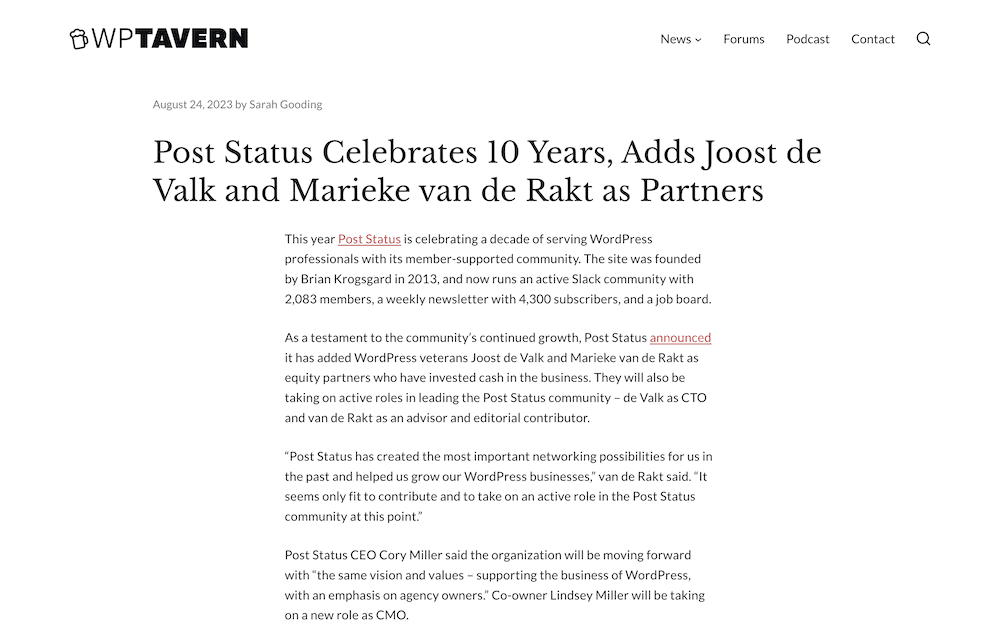
Post Status is a stalwart of fantastic WordPress content, especially for the development community. Given the consistent value it offers, it was nice to see WP Tavern give a shout out to Post Status’ milestone Birthday in August.
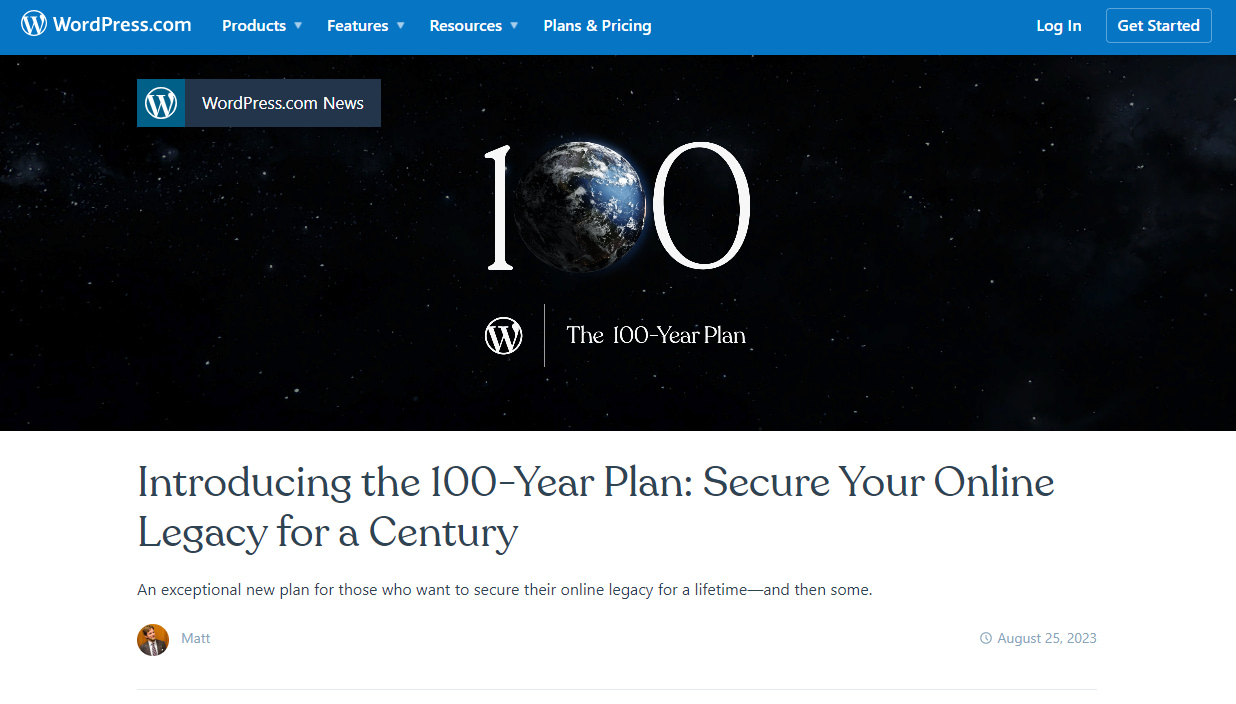
WordPress.com wanted to create something really unique compared to all the other “WordPress website hosting” kinds of offers out there. Their 100-Year Plan aims to be a game-changer for those looking to cement their digital legacy for a century. Tailored for families, founders, and individuals, this plan offers century-long(!) domain registration and site hosting, ensuring your digital assets withstand the test of time. Will people actually buy it? That’s to be seen, but it’s certainly an offer like nothing else out there.
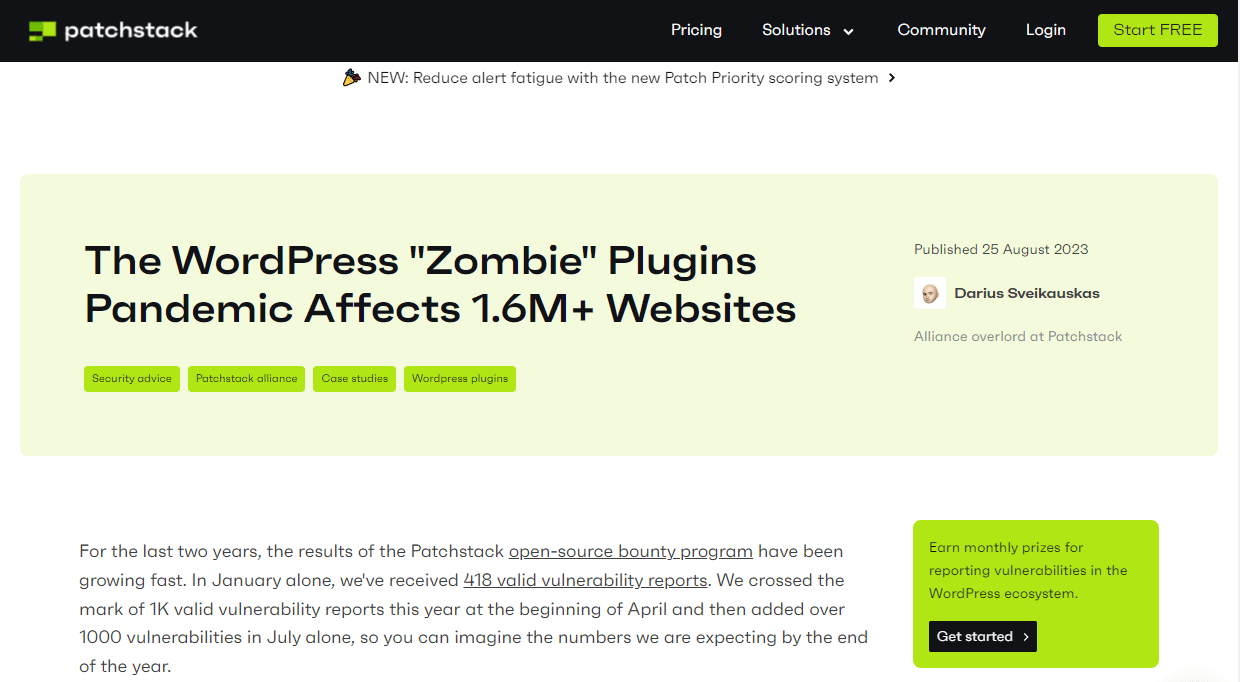
In an interesting development impacting the WordPress community, Patchstack’s open-source bounty program has uncovered a concerning trend of “zombie” plugins. These plugins, abandoned by developers but still actively used on over 1.6 million sites, pose a significant security risk due to unpatched vulnerabilities. Despite efforts to contact plugin developers, many remain unresponsive, leading to a backlog of 404 unaddressed vulnerabilities. Is your site suffering from this case of “zombie” plugins as well?
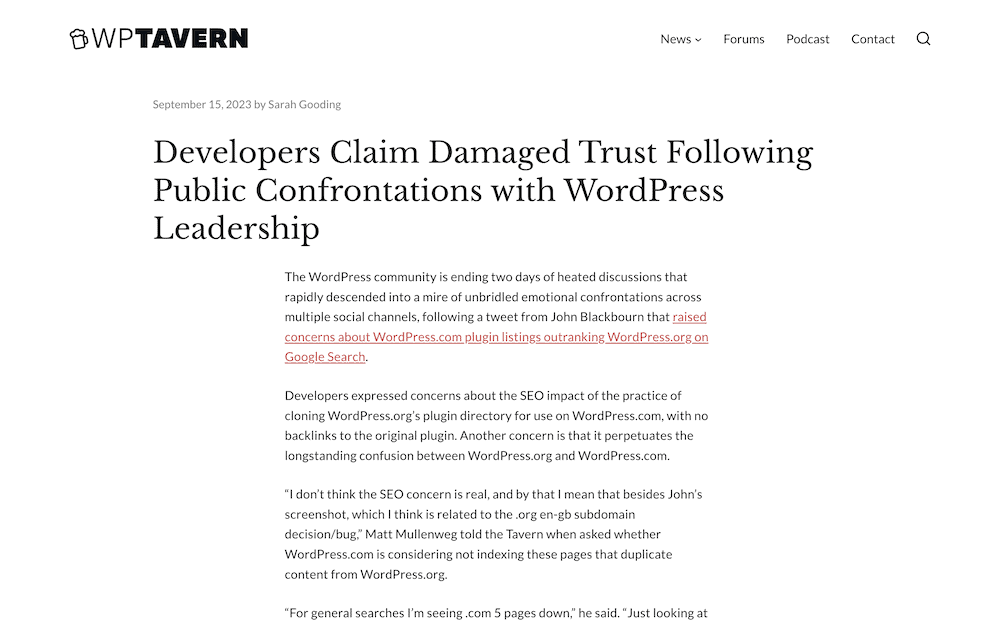
This WP Tavern post discusses a series of contentious interactions within the WordPress community, particularly involving public confrontations with WordPress leadership. The core issue stemmed from concerns raised about WordPress.com plugin listings outranking those on WordPress.org in Google searches. This practice was criticized for potentially misleading users about the availability and cost of plugins and for contributing to confusion between WordPress.org and WordPress.com.

This writeup by Mark Zahra of WPMayor comments on some questionable marketing practices in the WordPress community. The shift from one-time payments to subscriptions and the elimination of renewal discounts are just the tip of the iceberg. Techniques like fake sales, misleading countdowns, questionable recommendations, and a lack of disclosure about product ownership have become increasingly prevalent. There are multiple companies doing this now.

The end of 2023 mirrored the start, as another acquisition took place. This time, Automattic bought Texts, and announced it through WordPress.com. This is an interesting concept: a centralized inbox for all of your mobile messages. It’s another corner of the market Automattic covers: publishing, ecommerce, advertising, and now messaging. This is why the post itself intrigued us, especially the closing heading, “Messaging is the future.” We wonder what 2024 will mean for WordPress and messaging.

WooCommerce is no more. Instead, Woo is the new normal. Well, sort of. An October post from Woo Vice President David Callaway tells us the new name is here because customers use it. However, later in the post, we learn that the plugin itself will not rebrand. The mixed message is something other WordPress users haven’t taken to. If you compare this otherwise informative post with the SolidWP one from April, you’ll hopefully understand the impact the right branding decisions can achieve.
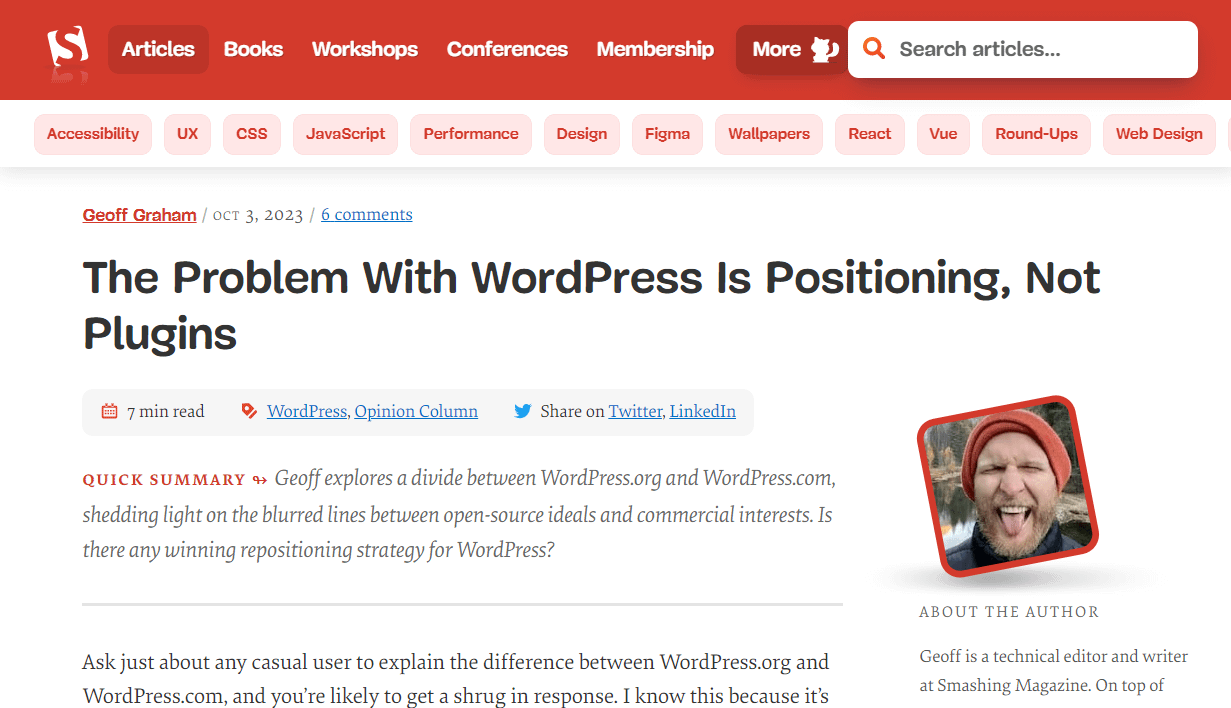
This is an interesting piece from Geoff Graham at Smashing Magazine that comments on 2023’s controversy around WordPress.com cloning the WordPress.org plugin directory. Graham argues that WordPress needs to make it clearer how the two main brands – WordPress.com and WordPress.org – are different, especially now that WordPress is changing and becoming more about easy site editing.
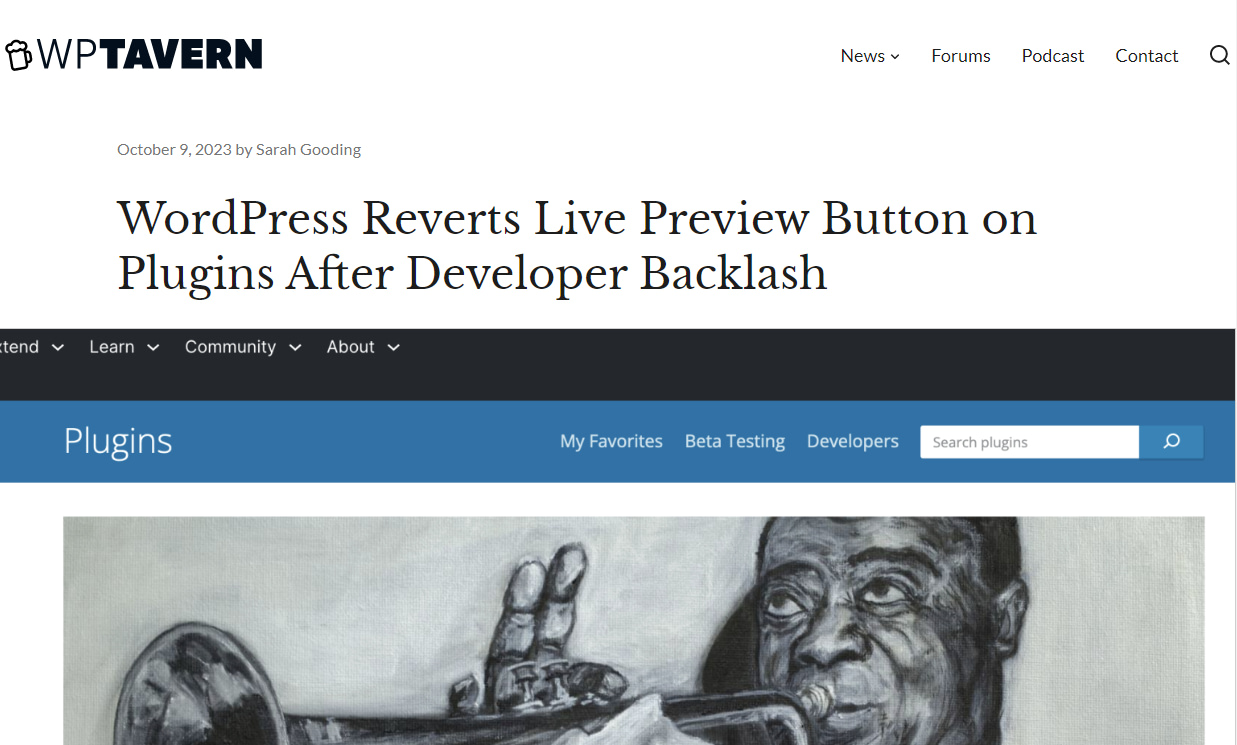
Remember the “live preview” button that we used to have for plugins for like two days? This is the announcement post that WordPress retracts it after facing backlash from developers. The button, intended for easy testing of plugins, was implemented across WordPress.org’s 59,700 plugins without prior consultation. Developers criticized it for not supporting various plugins and creating a misleading impression of broken functionality.
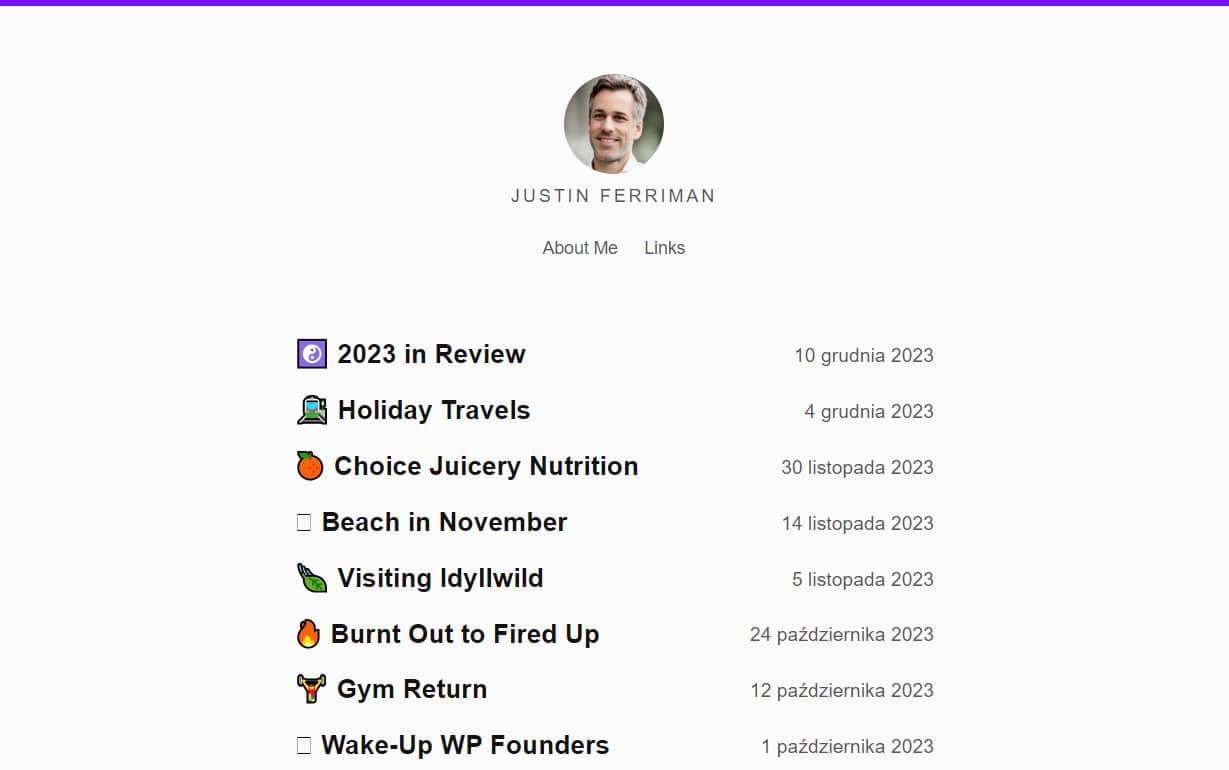
In this compelling post, Justin Ferriman addresses WordPress product owners, urging them to adapt to the rapidly evolving market. He highlights that selling WordPress (WP) products is significantly harder now due to increased competition and market saturation since COVID. It’s worth remembering that Ferriman built LearnDash so there’s significant experience backing up what he’s saying.
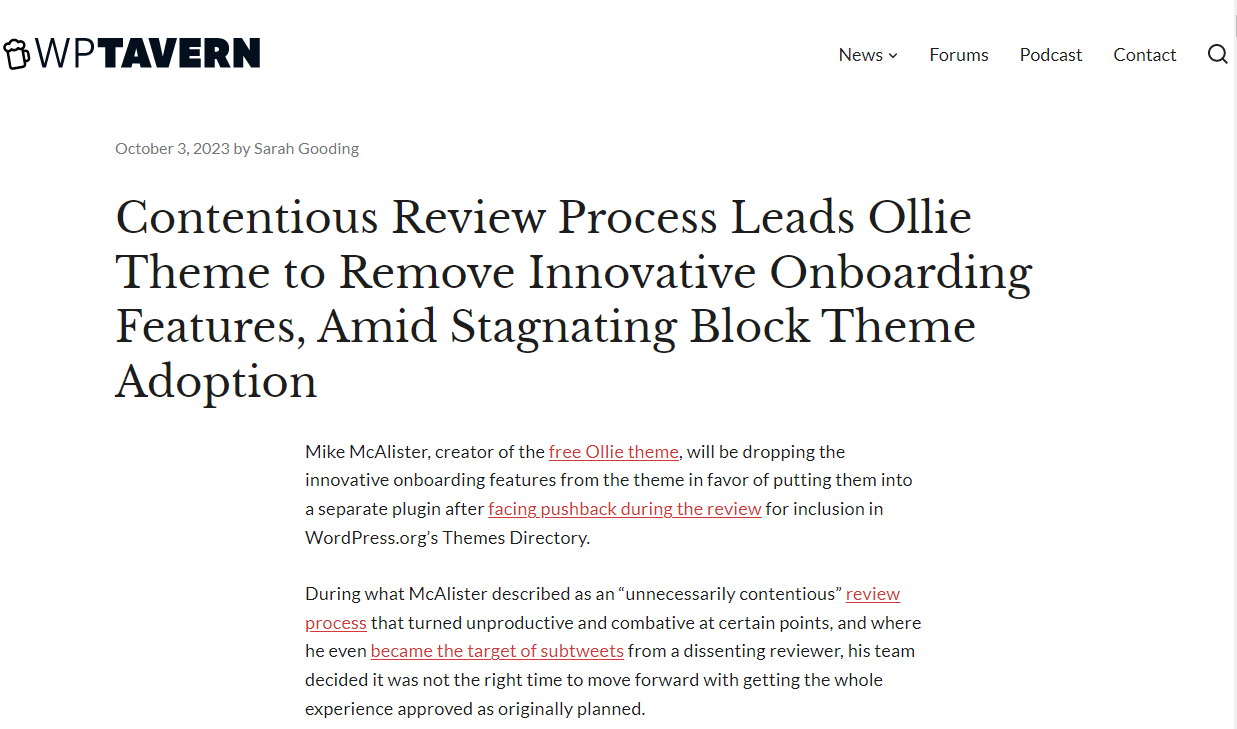
Mike McAlister, creator of the Ollie theme, decided to remove its innovative onboarding features from the theme due to a contentious review process for inclusion in WordPress.org’s themes directory. The decision, despite initial support from WordPress leadership, was made after facing a combative review atmosphere and concerns about burdening reviewers and developers.
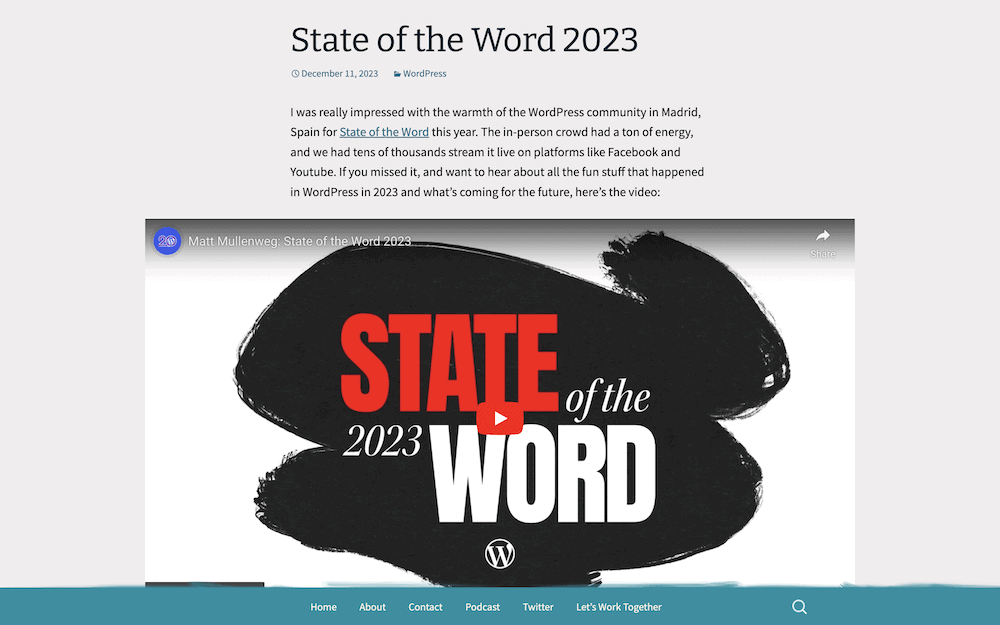
You cannot have a list of the best WordPress articles of the year without the State of the Word. We’ll admit, the 2023 edition didn’t offer the same level of excitement as some previous years, although we learned a lot more about what the Site Editor will be able to do in the next 12 months. What’s more, this historic address is the first outside of the US (although WordCamp Europe has received State of the Word speeches as keynotes, too).
👉 If you don’t want to watch the whole thing, the GoDaddy blog has an excellent summary.

Okay, this one is cheating because it’s not specifically one of the best WordPress articles of 2023. However, it should resonate with practically every WordPress developer or coder around. This long-form post eloquently looks at how AI and other advances are changing the landscape of the developer and what it means for future generations. There’s no firm answer at the end, but it’s food for thought when most focus on reacting to the shifting tectonic plates around us now.
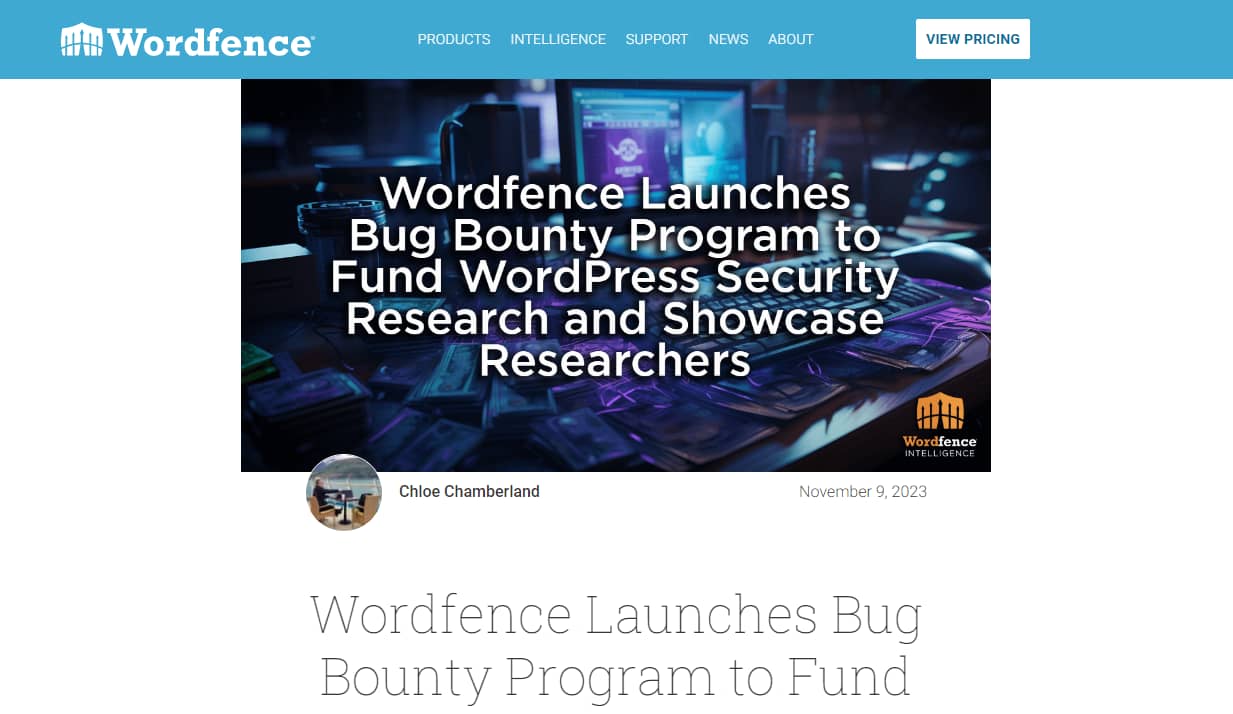
Wordfence, known for its WordPress security solutions, launched a Bug Bounty Program to incentivize security research in the WordPress ecosystem. This program offers financial rewards for discovering and privately disclosing vulnerabilities, which will then be triaged and responsibly disclosed to vendors for remediation. This bounty program has a lot of potential to make the WordPress landscape more secure and benefit the community.
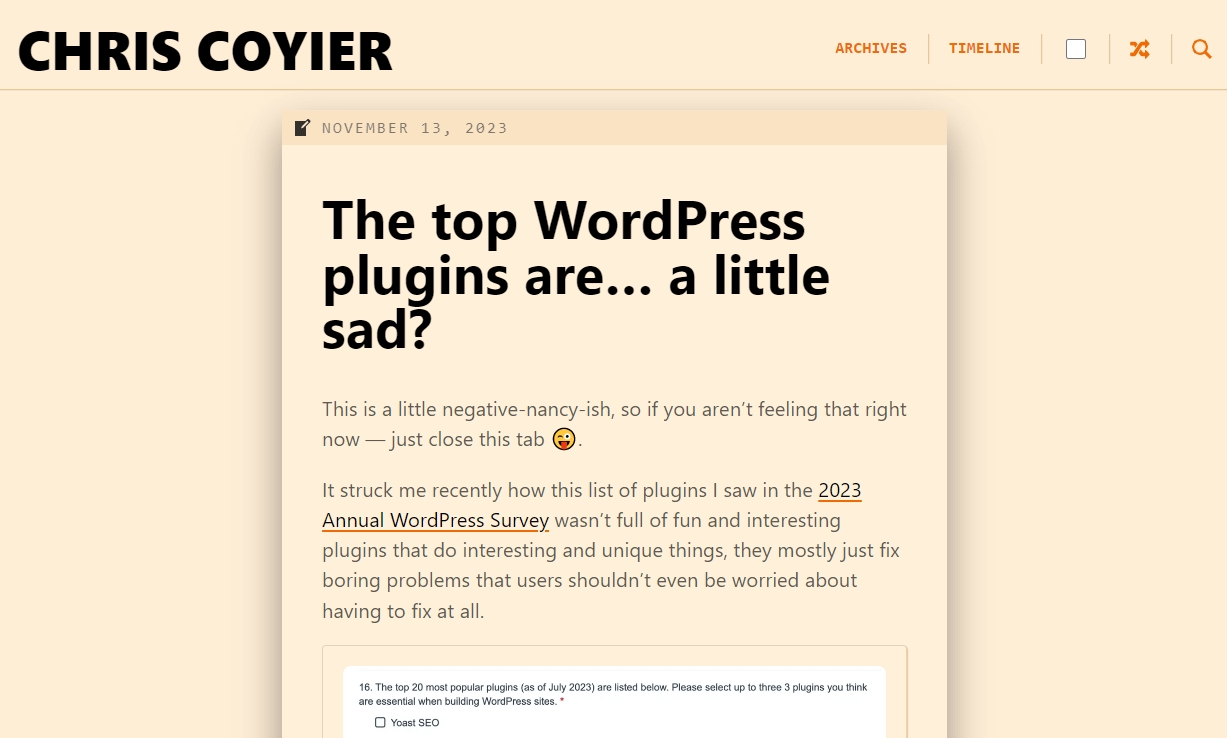
Remember the 2023 Annual WordPress Survey – the one that asked people various things about their WordPress setups and their top plugins, among other things? Chris Coyier has a thing or two to say about that and expresses disappointment in what those top plugins have turned out to be. He argues that many of them simply address basic functionalities or problems that should ideally be handled by WordPress itself. His viewpoint suggests that a robust content management system like WordPress should have more built-in features, reducing the need for external plugins to manage common tasks or fix basic issues. We have to give it to him – he has a point.
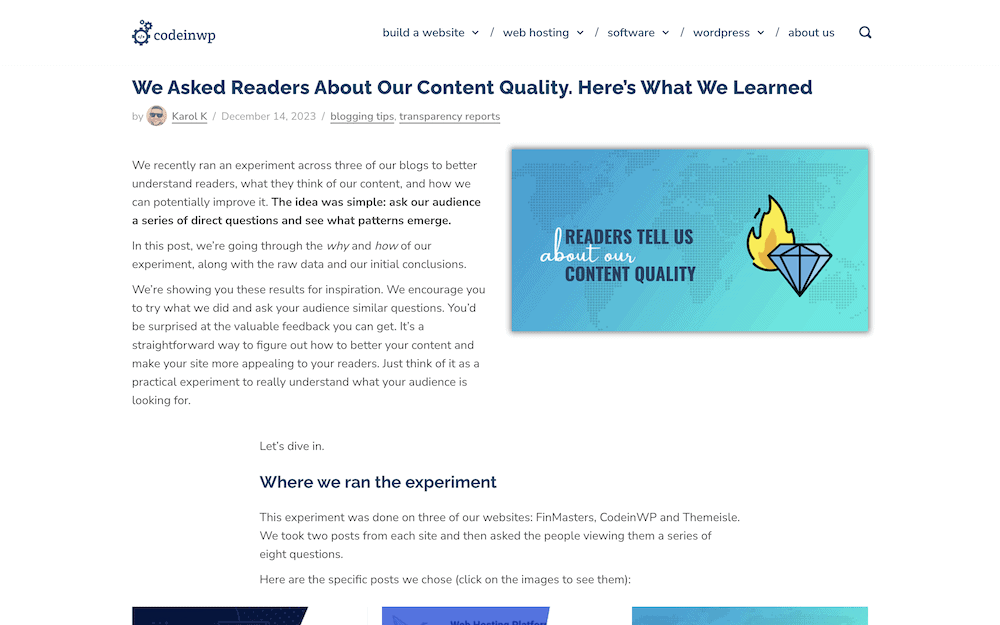
Let’s end with some shameless plugging of our own post about content quality. One aspect this author likes about working for CodeinWP is how much the team thinks about the experience of the reader. Case in point: a study into what readers think of the content across a few of our blogs. It’s something we’d love to see others carry out, too – transparency will benefit everyone in WordPress. At the very least, you’ll get to see high-quality content from us in 2024 and beyond!
Wrapping up
As we wrap up our journey through the best WordPress articles of 2023, it’s clear that this year has been a treasure trove of knowledge and innovation. From cutting-edge tips to the latest in WP drama, these articles have provided us with a lot of interesting info and kept us entertained.
The upcoming year is also shaping up to be interesting, as we’ll see the continuation of various projects and initiatives. For instance, we’ll likely see AI become more encompassing than before; WordPress itself could go through some UX/UI changes; and much more. We’ll see you back here at the end of 2024 to find out!
Which stories had the most impact on you in 2023, and were any of them on our list of the best WordPress articles? Share your thoughts with us in the comments section below!
Written by Tom Rankin, Karol K, and Colin Newcomer.
…
Don’t forget to join our crash course on speeding up your WordPress site. Learn more below:
Or start the conversation in our Facebook group for WordPress professionals. Find answers, share tips, and get help from other WordPress experts. Join now (it’s free)!


